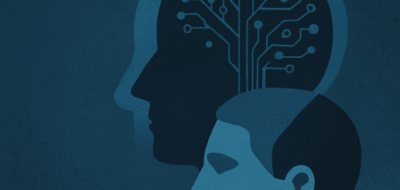My article in FORBES published 28th of August 2017.
Algorithm-based technologies, machine learning and process automation have come to a point in their development where morality-related questions and answers may seriously affect the development of all of our modern technologies and even our entire civilization.
The development of artificial intelligence rests on the assumption that the world can be improved. People may be healthier and live longer, customers may be ever happier with the products and services they receive, car driving may become more comfortable and safer, and smart homes may learn to understand our intentions and needs. Such a possibly utopian vision had to crystallize in the minds of IT system developers to make possible the huge technological advances that are still continuing. When we finally found that innovative products and services (computers that understand natural language, facial recognition systems, autonomous vehicles, smart homes and robots) can really be made, we began having doubts, misgivings and started to ask questions. Tech companies realize that their abstract intangible products (software, algorithms) inevitably entail fundamental, classic and serious questions about good and evil. Shown below are a few basic ethical challenges that sooner or later will force us to make definitive choices.
Revolution in law
Large US-based law-firms have recently begun working closely with ethicists and programmers who are developing new algorithms on a day-to-day basis. Such activities are driven largely by initiatives by US politicians who are increasingly aware that legal systems are failing to keep up with technological advances. I believe that one of the biggest challenges for large communities, states and nations is to modify the legislative system to regulate artificial intelligence responding to the major AI issues. We need this to feel safe and to allow entire IT-related fields to continue to grow. Technology rollouts in business must not rely exclusively on intuition, common sense and the rule that “everything which is not forbidden is allowed”. Sooner or later, the absence of proper regulations will claim victims, not only among innocent people but also among today’s key decision-makers. ….
Link to the full article (in Polish)
Related articles on my blog:
– Only God can count that fast – the world of quantum computing
– Machine Learning. Computers coming of age
– According to our computers … You don’t exist
– What a machine will think when it looks us in the eye?
– Fall of the hierarchy. Who really rules in your company?
– Blockchain has a potential to upend the key pillars of our society







